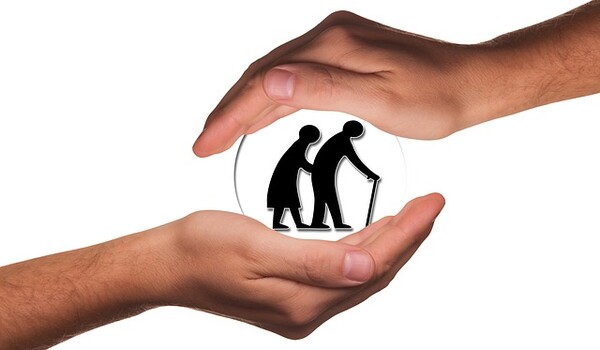HOME
Life & Style
South Korea is aging faster than ever
2023.01.05 11:14:00
Catrina Cho
2925

[South Korea aging problem. Photo Credit to Pixabay]
South Korea’s population is currently aging at an accelerated speed, even faster than its neighbor country, Japan, known for its similarly aging populace.
At this moment, the number of people above the age of 65 in South Korea is 8.15 million, which is 15.7% of the 51.84 million national population.
A super-aged society is a society where senior citizens make up 20% of the population, a figure South Korea is nearing.
According to the National Statistical Office (NSO), the statistical figure predicts the percentage of over-65s to increase to 19.01 million (40%) by 2049.
If this low birth rate and aging trend continue, senior citizens over 65 will eventually outnumber the economically active population (15-64 years old).
South Korea’s fertility rate is ranked the lowest in the world.
More social and economic problems other than the aging issue may be on the horizon for South Korea.
For example, the last 3 years of the pandemic have improved unmanned systems, leading the elderly to face technological difficulties.
Mobile services that are bringing convenience to the majority are excluding the senior class, affecting the quality of their lives in many ways.
South Korea’s poverty ratio of elderly citizens has maintained the highest level, according to OECD (Organization for Economic Cooperation and Development).
The Ministry of Health and Welfare also announced that South Korea was first in the proportion of the elderly in poverty among all the OECD member countries.
Countries such as Latvia (39.1%) and Estonia (37.6%) followed after South Korea.
Moreover, the USA had a ratio of 23.1% and Japan had 20.0%.
The poverty ratio of the elderly often results in geriatric depression and suicide rates.
South Korea’s elderly suicide rate (46.6 people out of 100,000) is overwhelmingly above any other nation in the OECD (average of 17.2 people).
More specifically, “healthy elderlies in their 60s” who can’t work often feel a sense of loss and depression.
Elderly poverty is predicted to worsen.
The problem is that there is no space at labor sites for the elderly who are being forced to work for a living due to the inadequate support they receive.
Han Donghui, the director of the Research Institute of Science for the Better Living of the Elderly, stated that as the low birth rate becomes more severe and the baby boomer generation gets older, this elderly problem will be even more problematic.
He also mentions that complementary measures such as pension plans and care services will be necessary.
Moreover, the past trend of children solely supporting their old parents is changing into family and government being responsible together for the elderly.
Citizens’ awareness and family structure is changing, but the welfare of the aged policies is not changing at the same speed.
Experts advise that the social security system should be utilized in a way to help the elderly population not only gain an income, but also to help them socialize and create supportive social networks.
This could be an opportunity to lessen the burden of the younger generation who will have to support senior citizens while simultaneously connecting links between the elderly and society at large.
If the purpose of providing jobs to the elderly was focused on the maintenance of livelihood until now, it should be changed to focus on improving their quality of life.
Particularly, jobs that the elderly have established themselves in for several decades should be guaranteed and secured for them.
This will benefit both senior citizens and society.
Meanwhile, the benefit of a basic pension should be reinforced to protect the elderly in the most vulnerable class.
Moreover, repairing policies such as retirement pensions and personal pensions is also needed for the current labor generation to be able to prepare for their retirement own later years.
Creating a labor environment that can benefit the senior class is a crucial political point for South Korea.

- Catrina Cho / Grade 10
- Mercersburg Academy

![THE HERALD STUDENT REPORTERS [US]](/assets/images/logo_student_us.png)
![THE HERALD STUDENT REPORTERS [Canada]](/assets/images/logo_student_ca.png)
